The semiconductor industry faces significant challenges in meeting the growing demand for high efficiency and product quality. Modern fabs must ramp up capacity, producing hundreds of thousands of wafers each month. Achieving high yield rates is also crucial—advanced processes require yields above 90%, while mature technologies demand at least 85%.
Collaborative robots (cobots) are revolutionizing the semiconductor industry, allowing manufacturers to meet the growing market demand for semiconductor products. They maintain high levels of consistency and precision, minimizing human errors and thereby enhancing overall product quality. Cobots play a vital role in addressing these challenges by enhancing production efficiency and improving product quality, ultimately supporting the industry's goals in a competitive landscape.
1. Semiconductor Packaging Loading and Unloading
Cobots handle the loading and unloading tasks, working alongside packaging equipment to complete the semiconductor encapsulation process. The robot retrieves lead frames from the die sorter and places them into the molding press, then loads resin-filled trays into the press. After a about a 2-minute cycle, the robot removes the finished trays and places them on a rack. A quick-change flange allows the robot to efficiently handle different frames, enhancing loading and unloading efficiency.

Dobot’s Packaging and Loading & Unloading for Semiconductor
2. Wafer Loading and Unloading
In wafer processing, manual handling can be prone to errors and contamination. Cobots are ideal for loading and unloading wafers in various machines, ensuring precise handling throughout the process. They can automatically transfer wafers from the storage area to the processing equipment, minimizing the risk of damage or contamination. The robots can also operate within cleanroom environments, maintaining the required cleanliness standards essential for semiconductor manufacturing. Cobots automation not only increases efficiency and reduces manual labor but also enhances accuracy and consistency in material handling, contributing to overall productivity in the manufacturing process.

Dobot’s Loading & Unoading Solution for Wafer Machine
3. Chip Insertion
Manual inspection can damage chips and is often inefficient. Traditional automation lacks flexibility, making it hard to meet the demands of small-batch, diverse production. Cobots can be equipped with suction cups to pick chips from trays, perform secondary positioning, and insert them into PCB test boards for quality checks. After testing, the robot organizes the chips into finished product trays, reducing the risk of human contact damage and improving inspection efficiency.

Dobot’s Cobots Inserted and Removed the Chips
4. Material Handling with AMMR Composite Cobots
In processes like die bonding, wire bonding, dispensing, and testing, cobots facilitate automated material transfer. The material handling solution consists of AGVs, CR5 cobots, a material storage area, and 2D vision systems. After receiving a task, the robot moves to the designated station, scans a QR code to obtain coordinates, and performs precise loading and unloading of material boxes, exchanging full and empty boxes, before moving to the next station.

Dobot’s AMMR Cobot Material Handling Solution
5. Testing of Honeycomb/WiFi Chips
Continuous work is challenging for humans, leading to inefficiencies and errors. Dobot’s integrated solution features a machine frame with an operation panel and NG material storage. This setup allows a single operator to manage up to 24 testing modules, significantly increasing efficiency from the previous capacity of 6-9 modules. This solution enhances equipment stability and achieves full automation of production processes.

Dobot’s MG400 Testing Solution for Wi-Fi Chips
6. IC (Integrated Circuit) Inspection
Dobot’s MG400 was placed on a compact fixed platform to perform repetitive tasksrequiring minimal modifications. The cobot picks materials and places them on a visual inspection platform, where ICs are checked for quality. Verified ICs are relocated to the OK tray, while defects are placed in the NG tray, achieving an accuracy rate of over 99.9%.

Dobot’s MG400 Inspection Solution for IC( Integrated Circuit)
From loading and unloading to inspection, cobots are streamlining critical processes in semiconductor manufacturing. Their precision in handling delicate components ensures consistent quality while reducing manual errors.
By improving efficiency and increasing yield rates, Dobot cobots play a critical role in meeting the evolving demands of the industry. As the sector continues to change, the role of cobots will expand further, driving innovation and growth in metal processing. Embracing this technology is crucial for manufacturers seeking to maintain competitiveness in a rapidly changing landscape, ultimately leading to higher efficiency and improved product quality.
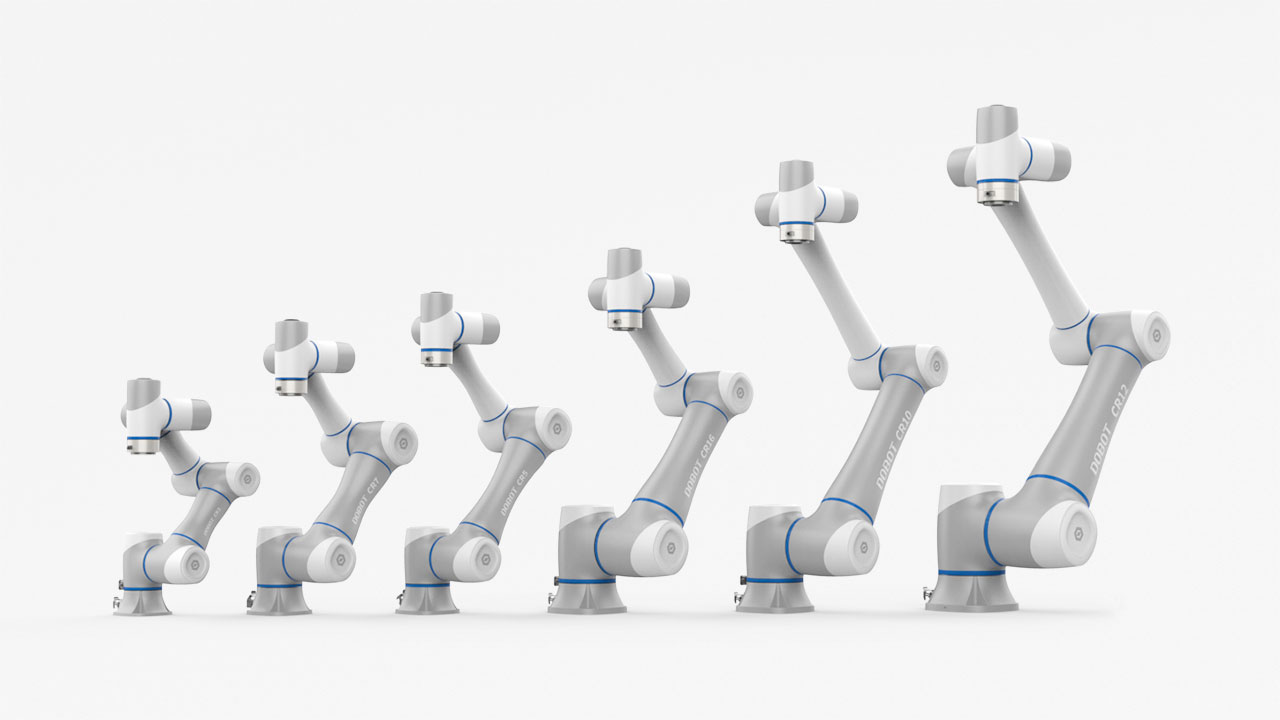
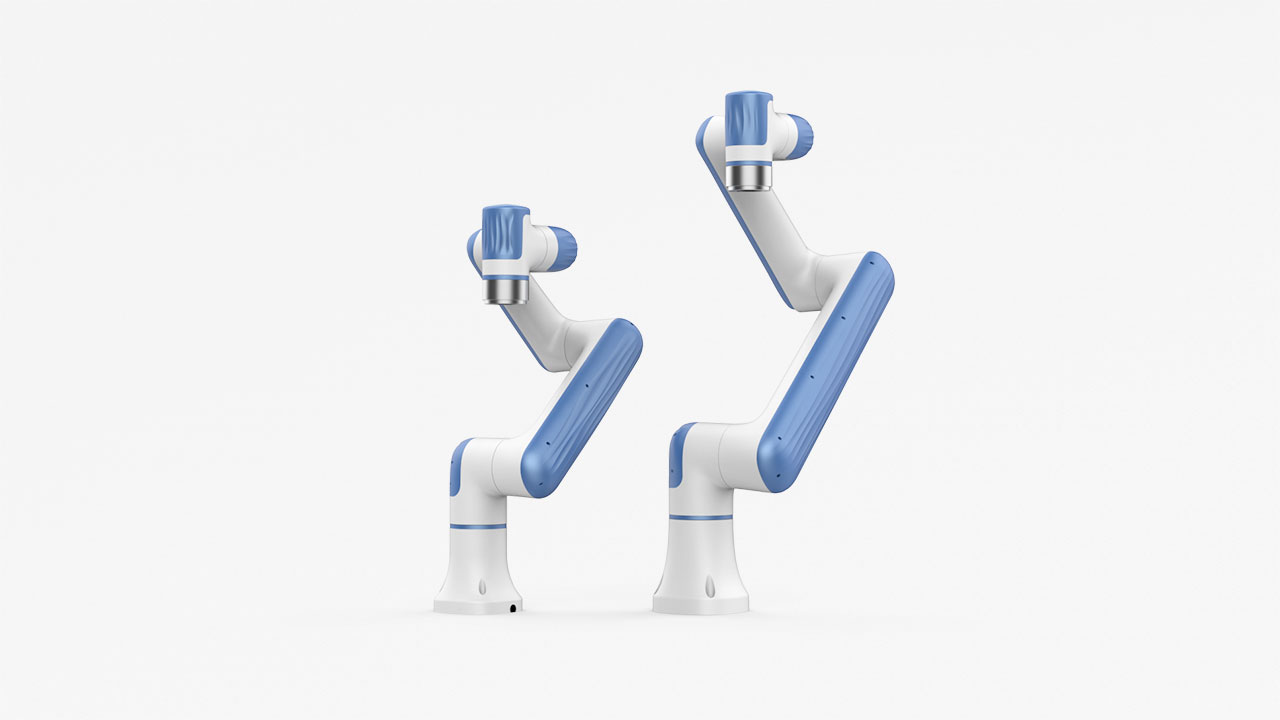
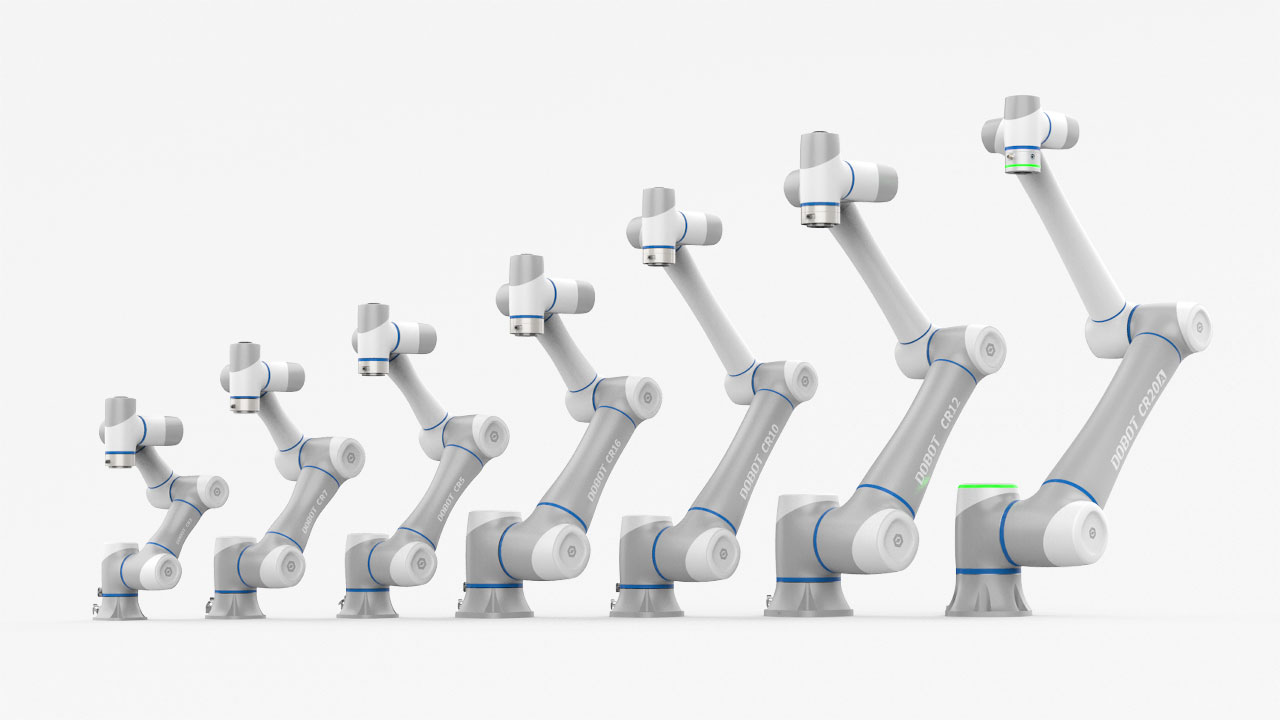

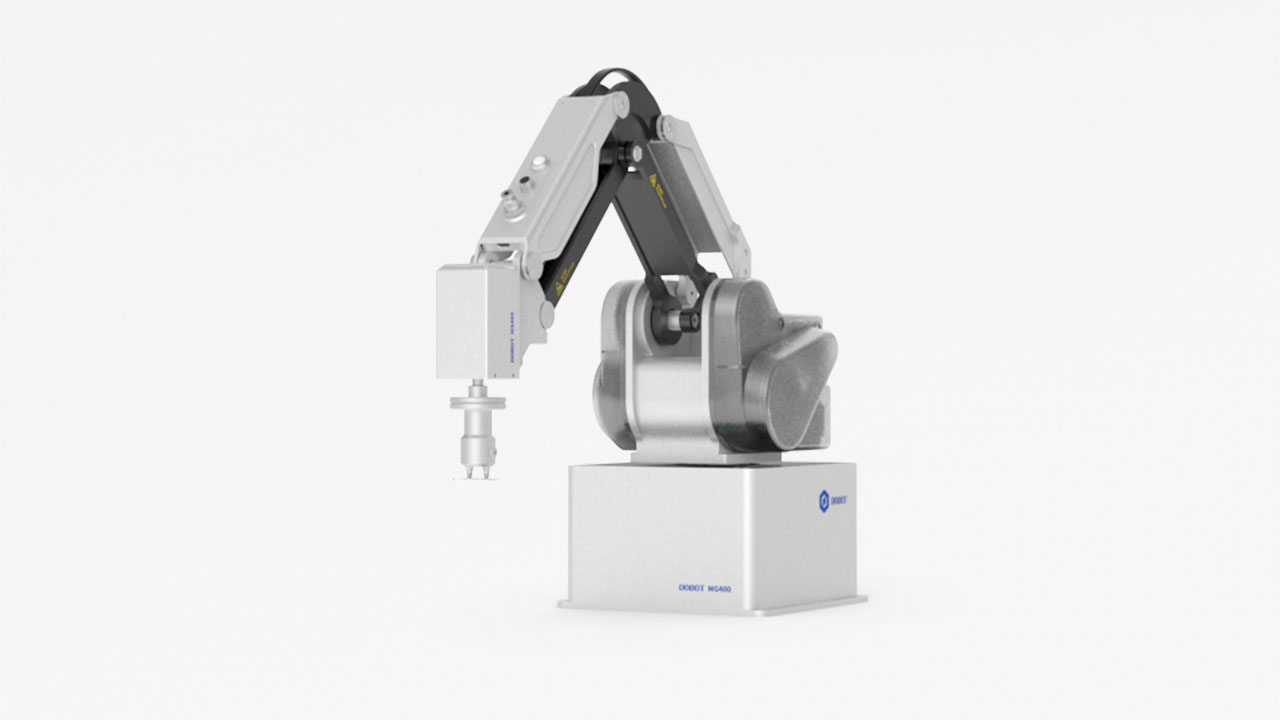
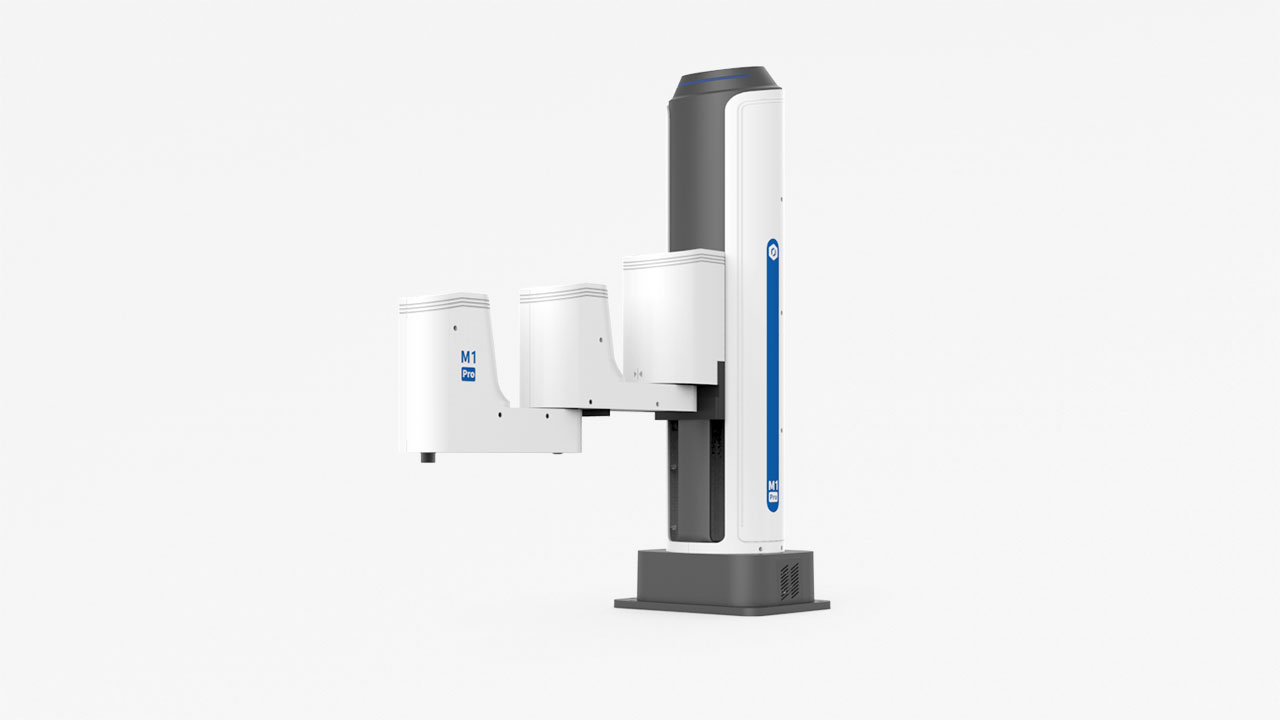

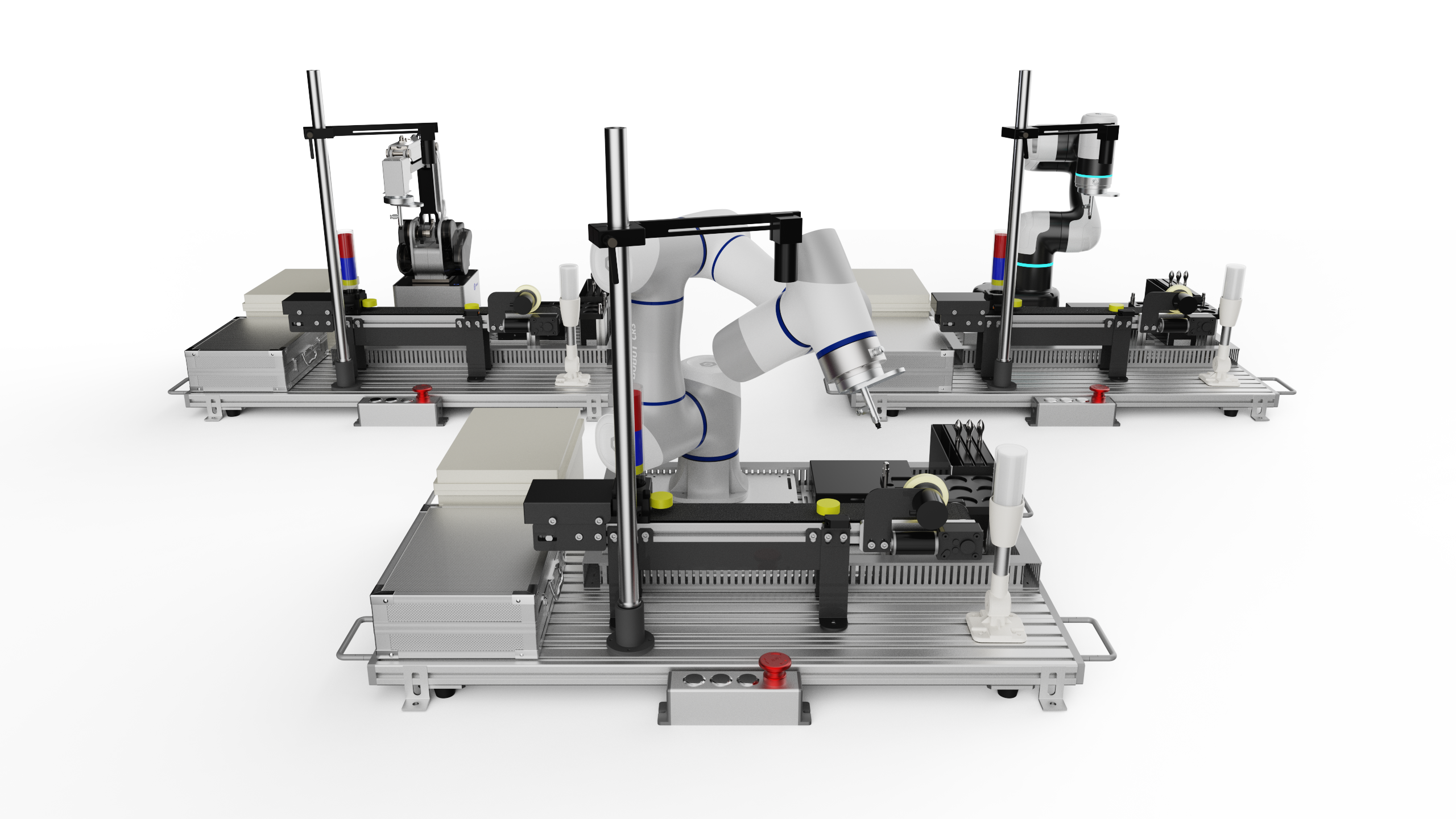







%202019.jpg)
